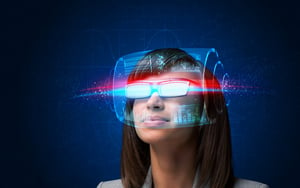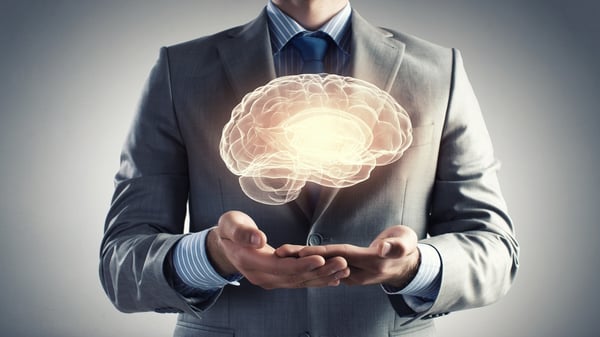Reading time: 3 minutes

Artificial Intelligence (AI) offers great and unlimited opportunities for businesses. However, there are growing concerns that the AI revolution may highly disrupt conventional hiring and work practices. For example, there are genuine worries that further developments and implementation of AI will leave many people out of jobs, or render their roles obsolete due to the reason that their roles become increasingly automated.
In today's article, we look at how AI is changing your workplace.
Transforming Business via Artificial Intelligence
The fear of job replacement is not unfounded. AI technology’s capability to automate predictable, non-personal tasks is likely to result in certain roles in some businesses becoming fully automated. However, AI also provides a huge opportunity for organizations – and their workforce. AI is already transforming businesses, enabling them to take advantage and gain competitive insight from the vast amounts of data available to them. For example, the service industries have customer service bots to deal with the extensive queries they receive, reducing both costs and customer waiting times.
Because of its increasing capabilities, jobs such as those in call centres, routine machine operation, and stock taking will soon no longer be carried out solely by humans. This will result in industries such as manufacturing undergoing further evolution, particularly at the lower skilled end. We will also see AI play a role in automating information gathering and report writing in the professional service industries – e.g. legal, accountancy, finance and insurance.
New jobs created by Artificial Intelligence
We should also consider the new roles that AI will create. Current AI deals almost exclusively with predictability where lots of data exists. Human input is needed to identify the most effective and useful data to train AI to harness data and extract business value from it. Machines, through active learning, can begin to identify what data is needed in order to devise more effective predictions. Without initial training and business context supplied by a human, they may not add any value.
Rather than jobs eliminated, jobs are changed and roles are augmented, to achieve more, by AI. Organizations will need people who have the capability to interact, train and implement these technologies. AI is simply a tool like any other, and people will be required to handle the technology correctly and understand where its application will be most effective.

Artificial Intelligence - Good or Bad?
AI will undoubtedly change the way businesses operate, creating a safer, more efficient and data-driven working environment, and this will affect jobs. However, the human role in the workforce will not be going anywhere anytime soon, but rather it will evolve. There will be winners and losers, but the smartest companies will recognize the challenge and ensure that the personnel are available to take on these roles and guarantee that firms are making the most out of the technology.
[1] https://channels.theinnovationenterprise.com/articles/artificial-intelligence-will-evolve-the-workforce-not-replace-it



